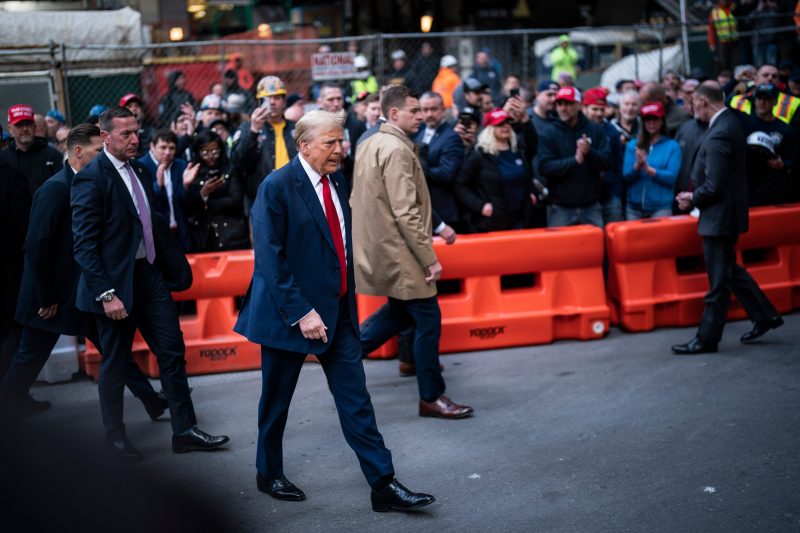In the midst of turbulent times in the political landscape of the United States, the impeachment trial of former President Donald Trump unfolded as a spectacle that gripped the nation. At the forefront of this trial was not just the question of whether Trump should be convicted for inciting the deadly insurrection at the Capitol on January 6, 2021, but also the intricate interplay of personal anguish, political defiance, and a perceived loss of control.
For Trump, a figure known for his unyielding demeanor and bombastic rhetoric, the trial presented a moment of reckoning. Stripped of the protective shield of the presidency, he found himself ensnared in a web of legal proceedings that threatened to tarnish his legacy and impact his future political ambitions. The personal anguish Trump experienced during the trial was palpable, as he grappled with the realization that he was no longer immune to the consequences of his actions.
Despite the mounting evidence presented during the trial, Trump remained defiant, vehemently denying any culpability for the violence that engulfed the Capitol on that fateful day. His defiance was not just a strategic ploy to sway public opinion, but a reflection of his deeply held belief in his own innocence and the righteousness of his cause. Trump’s unwavering resolve in the face of adversity only served to further polarize an already divided nation, cementing his status as a lightning rod for controversy.
As the trial unfolded, Trump’s loss of control over the narrative became increasingly apparent. Accustomed to dictating the terms of the political discourse through his mastery of social media and his larger-than-life persona, he found himself on the defensive, struggling to maintain his grip on the public’s perception of him. The erosion of Trump’s once unassailable aura of invincibility was a testament to the power of the institutions that sought to hold him to account, signaling a potential shift in the balance of power within the American political landscape.
In the end, the impeachment trial of Donald Trump was more than just a legal proceeding; it was a moment of national introspection, forcing Americans to confront the consequences of allowing their leaders to act with impunity. The personal anguish, political defiance, and loss of control experienced by Trump served as a cautionary tale, highlighting the fragility of democracy and the importance of upholding the rule of law.
As the dust settles on this historic trial, the legacy of Donald Trump will continue to reverberate through the corridors of power and the consciousness of the American people. Whether he is ultimately held accountable for his actions remains to be seen, but one thing is clear: the events of his impeachment trial have left an indelible mark on the fabric of American democracy, challenging its resilience and testing its capacity for self-reflection and renewal.



























